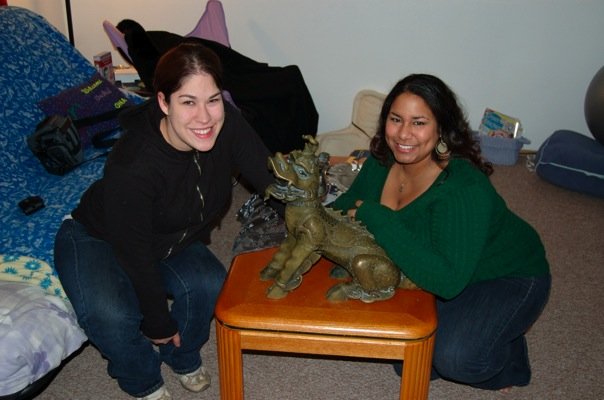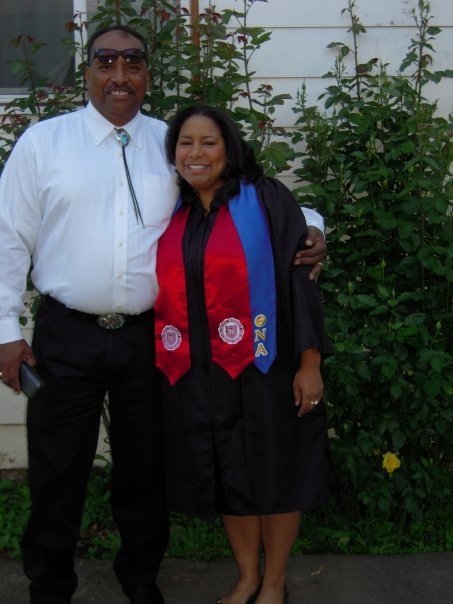Bridgett Pride '09 Seeks to Emphasize Black Voices
Bridgett Pride ’09 is on a mission to change the way research is conducted to ensure voices of minority groups are not overlooked.
She recently published a research guide on Exploring Black LGBTQ Studies in the Schomburg Center for Research in Black Culture’s Archive, a research library of the New York Public Library. She is currently working on a research guide covering the history of Black protests documented at the Schomburg Center, which will be released soon.
However, despite her current success, not too long ago Pride felt lost.
After graduating from Pacific with a bachelor of arts in literature, Pride was unsure what to do next. One of her sorority sisters, Rachael Woody ’05, helped her consider an option that would change her path.
Pride and Woody were part of the Theta Nu Alpha sorority, which was one of the places where Pride formed special bonds at Pacific. As she was often the only Black student in her classes, she struggled to find a sense of community and nearly dropped out.

It was in the sorority that she made life-long friends and got the advice to consider a master’s degree in library science.
While at Pacific, Pride worked in the Pacific Bookstore and in the Library, and really enjoyed both jobs. So when Woody recommended she consider pursuing a master’s degree in library science, and a future in archival work, something just felt right.
After a three-year break from school, Pride went on to get a BA in history from University of La Verne and then attend Simmons University School of Library and Information Science and graduated with double master's in Library and Information Science with Emphasis in Archival Management and a master's in Arts and History.
In less than a decade, Pride had earned four degrees. “This came out of a love for history and a desire to see the voices of women of color prioritized in the historical context,” Pride said.
Pride had long noticed those voices were missing in her studies. At Pacific, even her three favorite history classes — history of feminism, history of witchcraft and magic, and history of gender and sexuality in the Victorian era — did not mention women of color.
“I wanted to find those voices and prioritize them,” she said.
She also explained how studying history helped her explore her own identity as a queer Black woman.
Pride described a lack of emphasis and inclusion of Black voices and stories at all of her alma maters.

Pride said, at the Schomburg Center, she is supported in embracing all of her identities and bringing them with her in everything she does.
“I remember sitting in this room and looking up with nine Black women who all had at least once advanced degree … it was just this wonderful moment where I don’t think I had ever been in a room with so many intelligent Black women who were not being hushed, and it was so empowering.”
In that moment, Pride knew she was exactly where she was supposed to be.
When asked about her future, Pride said, “I’m still so early in my career and I am hopeful for what is coming next. It is really important to me to make sure that the stories of Black folks, and specifically Black women, are available.”
Pride explained that her work is to teach people how to research. There are methods to help find minority voices including changing search terms. One of Pride’s goals is to make these methods more common and to break down the barriers that make such research challenging. Her end goal is make sure those voices are not hidden.
"I’ve always felt that hopefully the work I am doing is going to make it easier for the next person,” she said.
“The thing I took away from going through the three institutions I attended was just that being resilient is important, and it’s not gonna stop in school. You have to continue to be resilient at work and challenging things that don’t feel right with the greater good in mind.”
Pride intends to keep working toward that greater good. “We have to push the envelope as far as we can that way the next person can take it even further.”


